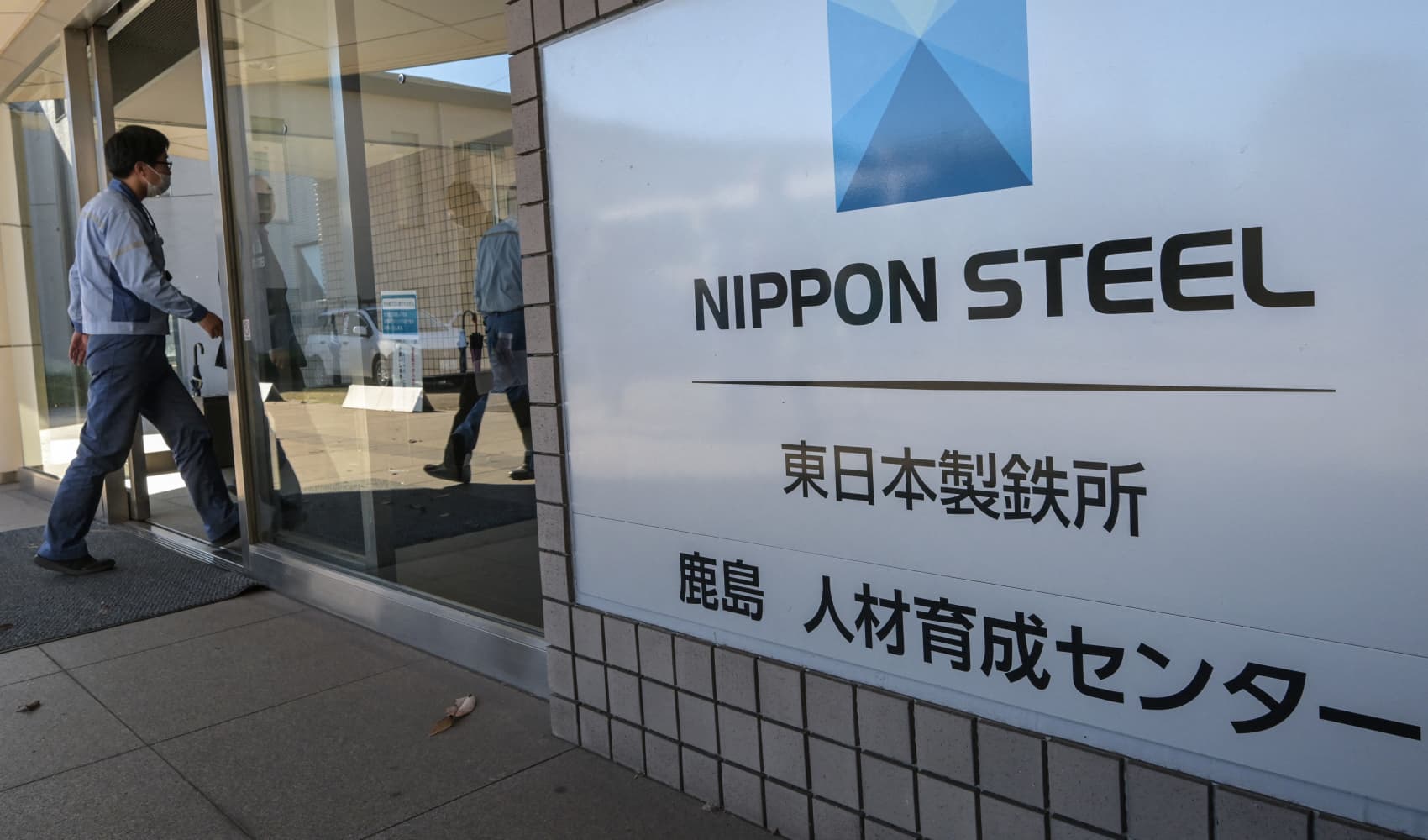
There are points in your career in which you feel you might be somewhat stuck.
Maybe you've been asking for a raise for a while and haven't gotten one or your boss isn't open to talking about a promotion. Whatever the reason, it might occur to you to try to get a new job opportunity just to leverage it for something better.
WATCH ANYTIME FOR FREE
>Stream NBC10 Boston news for free, 24/7, wherever you are. |
But should you do it? "For me, the short answer is no," says Amanda Augustine, career expert at TopResume. Other experts agree. "I'm not going to advocate any of that," says Stacie Haller, chief career advisor at Resume Builder.
If you're interested in a job, you apply and get the offer, that's a different situation. You can say something to your company like, "I was offered this. I'm interested in it, but I do love working here. Can you meet it?" says Augustine. But applying just for the sake of gaining leverage is not a good idea.
Get updates on what's happening in Boston to your inbox. Sign up for our >News Headlines newsletter.
Here's why.
'Why would you ever waste time applying'
To begin with, applying for a job is labor intensive.
Money Report
You have to tailor your resume so it fits the job description, write a new cover letter, maybe even fill out an online application — the point is it takes time. "And why would you ever waste time applying for a job that you have no interest in ever accepting?" says Augustine. Save your energy and hours for jobs you actually want to be considered for.
In the same way you'd be wasting your time, you'd also be wasting your prospective employer's. "I cannot say that is a fair thing to do to the organization you are necessarily talking to," says Haller. They also want to dedicate their conversations to people who actually want to be there.
'They will say sayonara'
Another critical component that's worth considering: It could backfire.
To begin with, the people who just spent all of their time screening you as a candidate could be frustrated that you never really wanted to be there. "They're going to remember they went through all this interview with you and then you didn't take it," says Haller.
DON'T MISS: The ultimate guide to negotiating a higher salary
And if you're leveraging a job to get a promotion or raise at your own company, that could sour things for you there, too.
"If you're going to put [the job offer] out there," says Augustine, "oftentimes employers will see that as an ultimatum and they will say sayonara." It's not a comfortable position for them to be in, and it could make them believe you don't really want to work there.
'It is a bridge burner'
If you're looking to get ahead in your current company, use the tools at your disposal and have a talk with your manager instead of applying to a new job.
"If you have the info that positions similar to yours in your geographic territory are paying higher," says Haller, "that's enough to have the discussion. You don't have to threaten your employer."
Similarly, if you're in the interview process and have just gotten an offer that's not quite what you hoped for, try to negotiate for a better salary or benefits after they've officially said they want you.
The bottom line of trying to get an offer just to leverage it is it will probably not serve you down the line. "It is a bridge burner," says Augustine.
Want to earn more money at work? Take CNBC's new online course How to Negotiate a Higher Salary. Expert instructors will teach you the skills you need to get a bigger paycheck, including how to prepare and build your confidence, what to do and say, and how to craft a counteroffer. Register now and use coupon code EARLYBIRD for an introductory discount of 50% off through Nov. 26, 2024.
Plus, sign up for CNBC Make It's newsletter to get tips and tricks for success at work, with money and in life.






